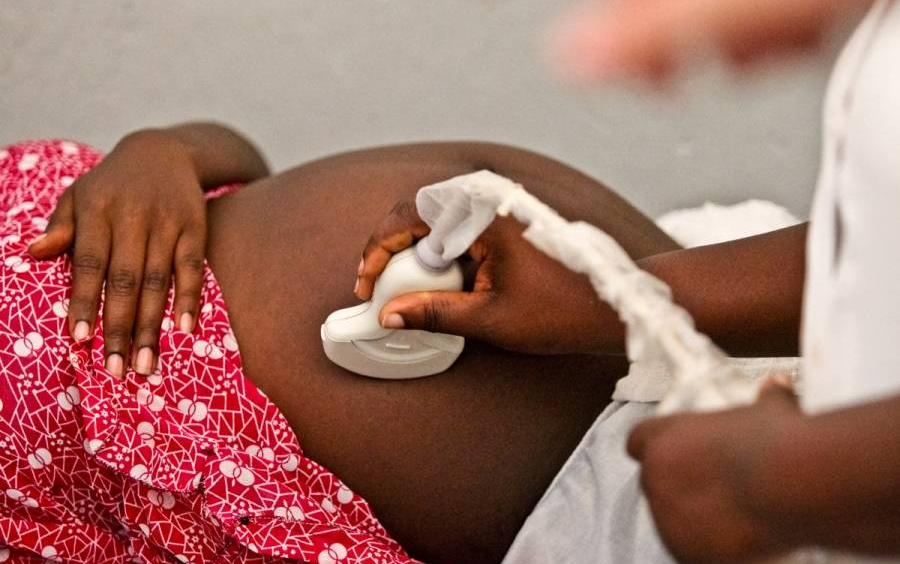Ugandan Government’s Comprehensive Efforts Lead to Remarkable Progress in Health Sector

The health of Ugandans is one of the top priorities of the government of Uganda, because upholding health is wealth and in order to achieve the total well-being of the nation, the citizens must be healthy,the government has made efforts to improve healthcare services in the country, including increasing healthcare funding, promoting preventative measures and investing in infrastructure across the country in order to achieve the goal of a modern and resilient healthcare system, which is responsive to the needs of all people.

Some possible indicators of success in the Ugandan health sector include; improvements in healthcare infrastructure, maternal and child health, reductions in mortality rates, increased access to essential medicines and services, immunisation programmes, aggressive campaigns against malaria and HIV/AIDS control campaigns and advances in disease control and prevention.
Here are some of the initiatives and programs that the Ugandan government has implemented to boost Uganda’s healthcare sector:
Improving health infrastructure, upgrading health centres, and increasing access to medicines;
The government has invested in upgrading health centres across the country, including the construction and renovation of health facilities, equipping health centres with modern medical equipment, and increasing the number of health workers.
The government has made efforts to increase access to medicines in the country, including improving supply chain management, reducing stock-outs of essential medicines, and increasing the availability of affordable generic medicines.
The government has encouraged public-private partnerships in the health sector to improve health infrastructure and increase access to medicines. These partnerships involve collaboration between the government and private sector actors to provide health services, medical products, and technology.

Improving maternal and child health through;
The government has invested and strengthened health systems through improved health infrastructure, training and supporting health care workers to provide quality maternal health services.
Increasing access to maternal health services across the country, particularly in rural and underserved areas, through initiatives such as the Village Health Teams (VHTs) who provide basic maternal and child health care services, including antenatal and postnatal care.
The government has also implemented various family planning programs to help women make informed decisions about their reproductive health.
The government has recognized the role of socio-cultural factors in maternal health outcomes and has implemented initiatives to address them. These include promoting education and empowerment of women and addressing harmful traditional practices that can contribute to maternal health problems.

Promoting immunisation programmes;
The Ugandan government has made efforts to promote immunization programs in the country, recognizing that vaccination is a crucial public health intervention that can prevent and control many infectious diseases. According to the World Health Organization (WHO), Uganda’s vaccination coverage has improved significantly, with 90% of children receiving basic vaccines.
The government has invested in strengthening the national immunization program, including improving vaccine supply chain management, training and supporting health workers, and increasing public awareness about the importance of immunization.
The government has conducted vaccination campaigns to target specific populations, such as measles vaccination campaigns and polio eradication campaigns.
Partnering with international organizations: The government has partnered with international organizations such as the WHO, UNICEF, and Gavi, the Vaccine Alliance, to improve access to vaccines and strengthen the national immunization program.

Implementing aggressive campaigns against malaria and HIV/AIDS;
Malaria control: The government has implemented a national malaria control program that includes distribution of insecticide-treated bed nets, indoor residual spraying and continues to conduct public awareness campaigns on malaria prevention. The government has also made efforts to increase access to malaria treatment drugs.
HIV/AIDS control: The government has implemented a comprehensive HIV/AIDS control program that includes prevention, treatment, and care services. The government has promoted behaviour change and awareness campaigns to encourage safe sex practices and reduce stigma and discrimination. The government has also focused on increasing access to therapy) for people living with HIV/AIDS, improving HIV testing and counselling services, and strengthening the healthcare system to support HIV/AIDS services.

Effectively handling highly infectious diseases;
The government of Uganda has also been credited for effectively handling highly infectious diseases over the years, including Ebola and COVID-19. The government has also continued to emphasize prevention through mass sensitisation campaigns regarding personal hygiene and the adoption of healthy lifestyles.

Overall, the Ugandan government’s efforts to improve the health care sector has led to significant progress in improving health outcomes in the country.







